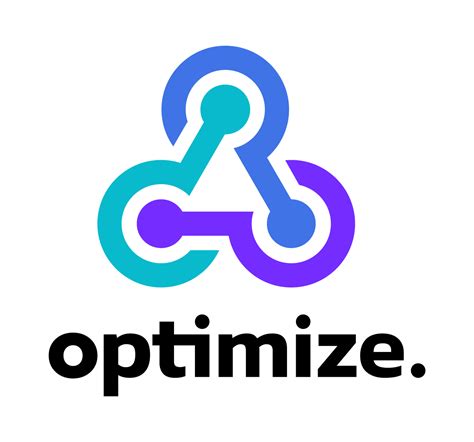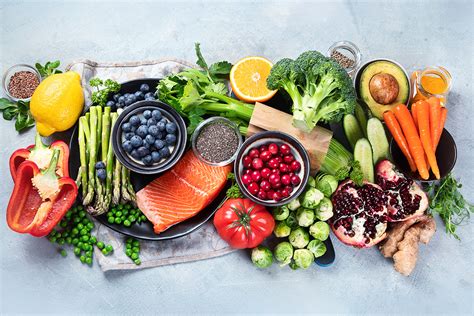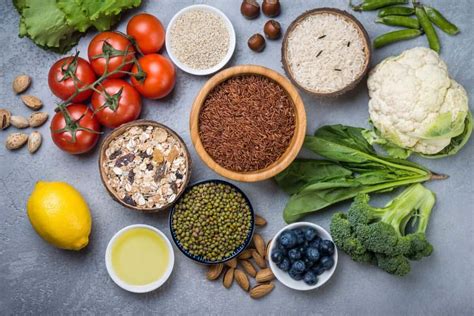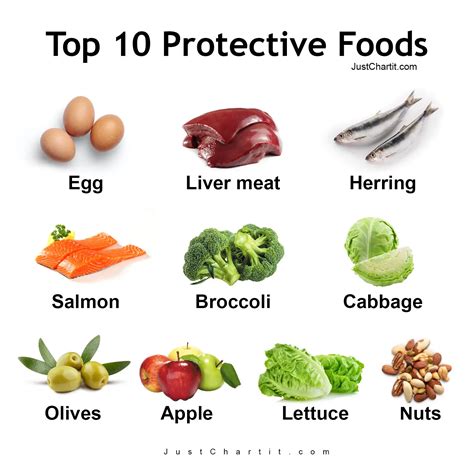Optimize T-levels: what men’s diet boosts energy & strength?

Maintaining optimal testosterone levels is crucial for men’s overall health, impacting everything from energy and mood to muscle mass and strength. While many factors influence these vital hormones, diet stands out as a powerful and controllable lever. The food you consume can either support or hinder your body’s natural production of testosterone, directly affecting your daily energy levels and physical capabilities.
The Critical Role of Testosterone in Men’s Health
Testosterone, often dubbed the primary male sex hormone, plays a far broader role than just reproductive health. It’s instrumental in developing bone density, regulating fat distribution, producing red blood cells, and maintaining muscle mass and strength. Low T-levels can manifest as fatigue, decreased libido, reduced muscle mass, increased body fat, and even mood disturbances. Fortunately, simple dietary adjustments can often provide a significant boost.

Key Nutrients for Testosterone Optimization
A balanced diet rich in specific micronutrients and macronutrients is foundational for supporting healthy testosterone production. Focusing on these elements can make a tangible difference:
1. Zinc: The T-Boosting Mineral
Zinc is a critical mineral directly involved in testosterone synthesis. Studies show that even a mild zinc deficiency can lead to a significant drop in testosterone levels. Incorporating zinc-rich foods is therefore paramount.
- Sources: Oysters (exceptionally high), red meat, poultry, beans, nuts (e.g., cashews, almonds), pumpkin seeds, whole grains.
2. Vitamin D: The Sunshine Vitamin
Often acting more like a hormone, Vitamin D is essential for numerous bodily functions, including testosterone production. Research indicates a strong correlation between adequate Vitamin D levels and higher testosterone.
- Sources: Sun exposure (natural synthesis), fatty fish (salmon, mackerel, tuna), fortified dairy products, egg yolks.
3. Healthy Fats: Not All Fats Are Equal
Contrary to old beliefs, healthy fats are vital for hormone production. Both monounsaturated and polyunsaturated fats play a role in maintaining optimal testosterone levels. Cholesterol, a precursor to testosterone, comes from fats in the diet.
- Sources: Avocados, olive oil, nuts (almonds, walnuts), seeds (chia, flax), fatty fish (omega-3s).

4. Magnesium: The Underrated Mineral
Magnesium is another mineral linked to increased free (bioavailable) testosterone. It helps reduce oxidative stress and inflammation, both of which can negatively impact hormone levels.
- Sources: Leafy green vegetables (spinach, kale), nuts (almonds, cashews), seeds (pumpkin, sunflower), legumes, whole grains.
5. Protein: Building Blocks for Everything
While not directly boosting testosterone, adequate protein intake is crucial for overall health, muscle synthesis, and maintaining a healthy body composition, which indirectly supports optimal hormone levels.
- Sources: Lean meats, poultry, fish, eggs, dairy, legumes, tofu.
Foods to Embrace for Optimal T-levels
To put these nutrients into practice, focus on a diet rich in whole, unprocessed foods. Here’s a quick guide:
- Cruciferous Vegetables: Broccoli, cauliflower, cabbage contain compounds that help regulate estrogen, potentially boosting testosterone.
- Berries and Fruits: Rich in antioxidants, they combat oxidative stress.
- Garlic and Onions: May help reduce cortisol levels, indirectly supporting testosterone.
- Ginger: Some studies suggest it can improve male fertility and testosterone levels.

Foods to Limit or Avoid
Just as important as what you eat is what you don’t eat. Certain foods can negatively impact testosterone production:
- Highly Processed Foods: Often high in unhealthy fats, sugar, and sodium, they contribute to inflammation and weight gain, both detrimental to T-levels.
- Excessive Sugar: Can lead to insulin resistance and increased body fat, which can lower testosterone.
- Trans Fats: Found in many fried and processed foods, these are linked to decreased testosterone and poor heart health.
- Excessive Alcohol: Chronic heavy drinking can directly impair testicular function and reduce testosterone.

Beyond the Plate: Lifestyle Factors
While diet is paramount, a holistic approach is best. Consider these lifestyle factors:
- Regular Exercise: Especially strength training and high-intensity interval training (HIIT), significantly boosts testosterone.
- Quality Sleep: Lack of sleep can drastically reduce testosterone levels. Aim for 7-9 hours per night.
- Stress Management: Chronic stress elevates cortisol, which has an inverse relationship with testosterone. Practice mindfulness, meditation, or engage in hobbies.

Conclusion
Optimizing your testosterone levels naturally is an achievable goal, and your diet is a powerful ally in this endeavor. By prioritizing nutrient-dense foods rich in zinc, Vitamin D, magnesium, and healthy fats, while limiting processed items and unhealthy choices, you can significantly enhance your energy, strength, and overall vitality. Coupled with smart lifestyle choices, a tailored diet paves the way for a healthier, more energetic you.









